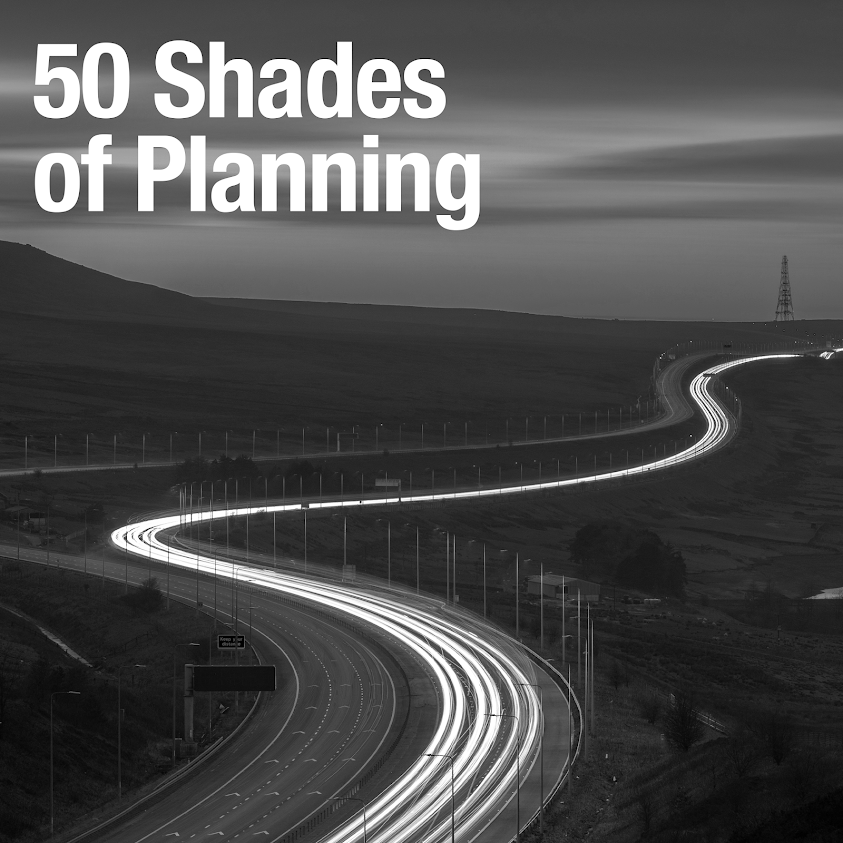In a letter sent to all Council Leaders and Chief Executives in September Michael Gove set out an expectation that “development should proceed on sites that are adopted in a local plan with full input from the local community unless there are strong reasons why it cannot”.
Putting aside Mr Gove’s proclivity for interfering in what might reasonably be called local affairs (Exhibits A, B and C), to what might this be referring? Presumably it is the phenomenon (illustrated below in meme form) whereby a planning committee overturns a recommendation from officers to approve applications on allocated sites or, worse still, reserved matters submissions pursuant to outline applications on allocated sites.
Perhaps one way of addressing this is to consider a national scheme of delegation.
At present every council has it’s own scheme of delegation and given the myriad reasons why a council decides that a decision should be made by a committee rather than delegated to officers, as outlined in this PAS blog, it is not unreasonably to assume that every single scheme of delegation across the country is different.
Here are some examples.
In Cumberland all applications accompanied by an Environmental Statement; of more than 100 dwellings or exceeding 2ha; and for development that in the opinion of the Head of Planning is of strategic significance will go to committee.
In Durham all major applications go to committee.
In Sheffield applications go to committee if the decision would be in conflict with a substantial number of representations made on planning grounds and where the outcome is not clearly predetermined by approved planning policy.
On the Wirral applications for 200 homes go to committee, as well as any application called in by a councillor (based upon reasonable planning grounds) and any application that has attracted a petition with 25 signatories or 15 individual objections.
In Harborough applications for 25 or more dwellings go to committee, as well as any application called in by a resident’s local councillor (or the councillor for an adjoining ward if a local councillor is unavailable).
In Reading and Portsmouth all major development goes to committee.
In Eastleigh applications go to committee if, in the opinion of service director, they have a significant impact, are controversial or are potentially controversial, or if three members of the local area committee object to it.
In Reigate & Banstead applications with net increases of more than one dwelling go to committee.
It is also not unreasonable to assume that, as planning and development has become more contentious, and as more and more objections and petitions are submitted, that more and more applications are being taken to committee, but no scheme of delegation takes into account whether or not the principle of development has already been established. It must surely be right that the threshold at which an application on an allocated site or one consistent with the local plan is taken to committee is considerably higher than an application that might not be consistent with a plan.
The planning system comes under ever-increasing criticism because of it’s ‘discretionary’ nature, but if the principle of development can be dealt with once, and more of the subsequent details can be delegated to officers, which dealing with these byzantine schemes of delegation would do, it would allow development to proceed on sites that are adopted in a local plan without having to endure any more talk about moves towards a more ‘zonal’ system.


Comments
Post a Comment